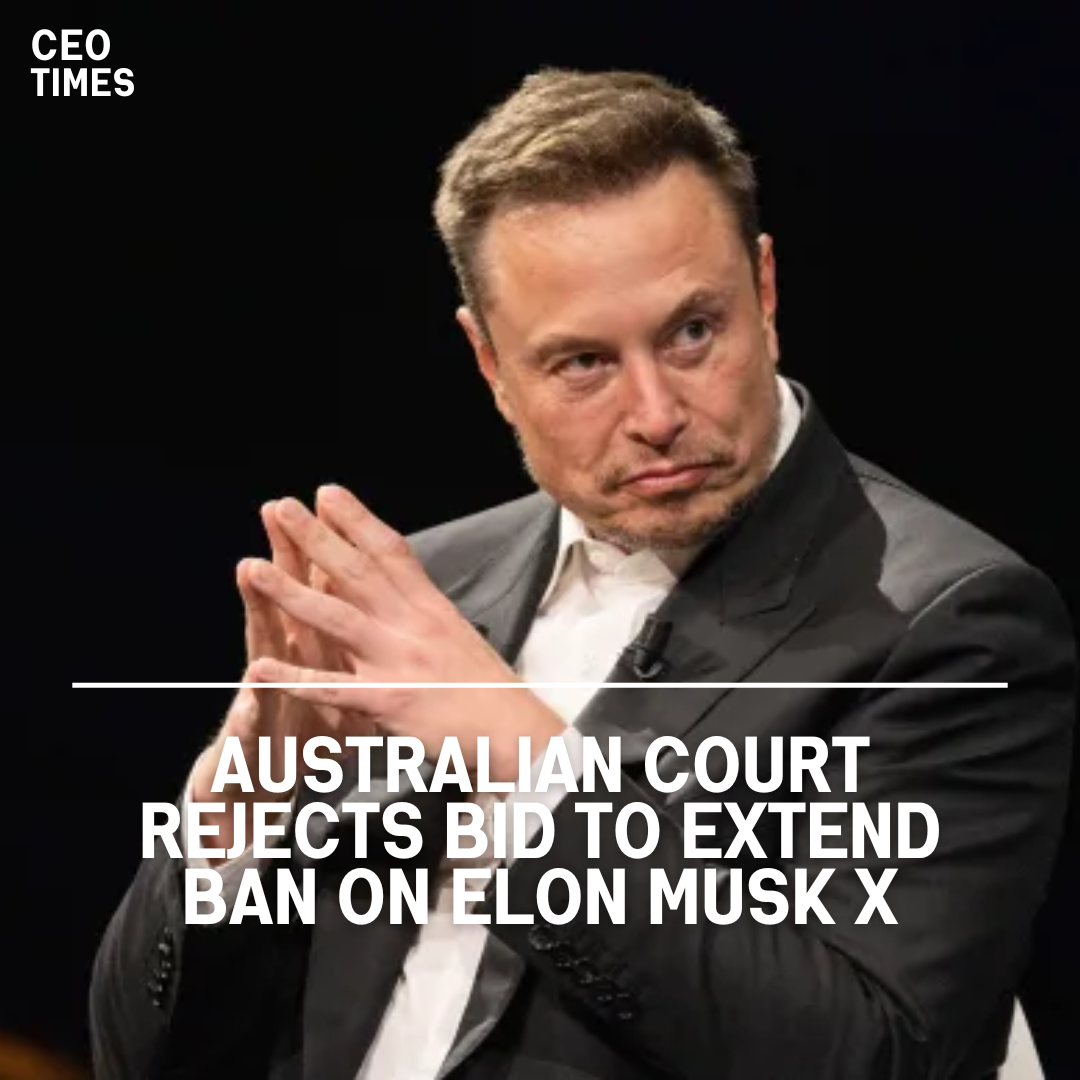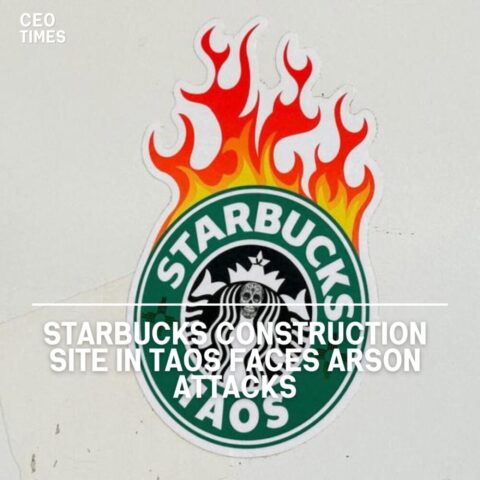An Australian court has denied a request from the country’s cyber safety regulator to prolong a temporary order for Elon Musk’s X, formerly Twitter, to block videos depicting the stabbing of an Assyrian church bishop, classified by authorities as a terrorist attack.
Judicial Decision:
Federal Court judge Geoffrey Kennett announced the refusal to extend the injunction granted last month, with detailed reasons for the judgment to follow. The case is scheduled for further hearings on Wednesday, indicating ongoing legal proceedings.
Controversy and Criticism:
The legal dispute has sparked contentious interactions between Musk and senior Australian officials, including Prime Minister Anthony Albanese. Albanese criticized Musk as “an arrogant billionaire” for resisting the removal of the video content, while Musk responded by posting memes denouncing the regulatory order as censorship.
While X (Twitter) has resisted taking down the content globally, other platforms like Meta swiftly removed the videos upon request, demonstrating varying approaches to content moderation.
Previous Court Decision:
Last month, Australia’s Federal Court upheld an order by the eSafety Commissioner directing X to remove 65 posts containing the stabbing footage, citing its depiction of explicit violence.
However, X has only blocked Australian users from accessing the content, refusing to implement global removal based on national jurisdiction.
Challenges with Geo-Blocking:
The regulator argued in court that X’s proposed solution of geo-blocking Australians was ineffective due to the widespread use of virtual private networks (VPNs) by a quarter of the population, which enabled users to circumvent location-based restrictions.
Government Response:
In response to concerns over social media’s influence, Albanese’s government announced plans for a parliamentary inquiry to investigate the negative impacts of social media platforms.
This initiative reflects growing scrutiny over the significant control these platforms wield in shaping online content consumption without adequate oversight.




















